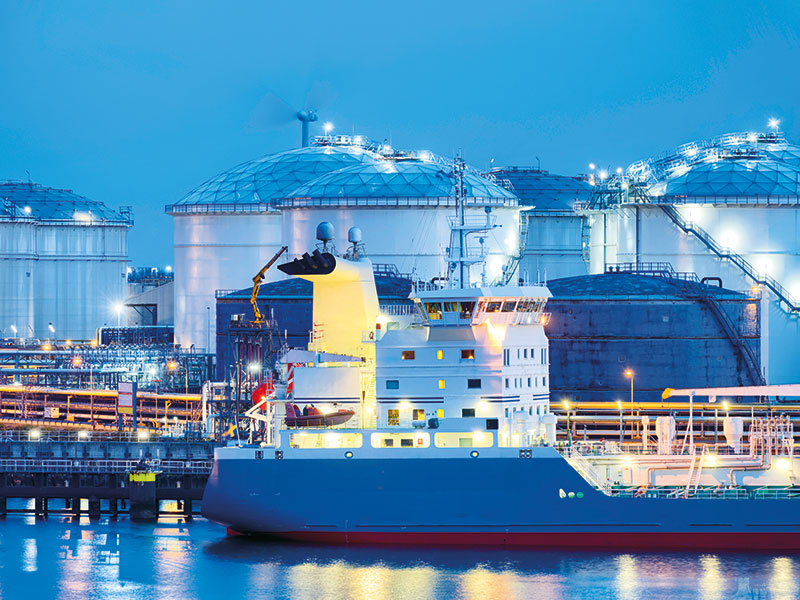Hopping onto the biggest trends in the shipping industry.
For moving big freight over great distances, shipping has traditionally been the preferred technique. Marine transportation systems are now an important aspect of maritime trade and operate at a high level of efficiency.
Nonetheless, until the last decade or two, shipping has held tenaciously to its ancient foundations. Previously, technology was frequently viewed as a burden rather than an asset. The situation is steadily improving, with better and more complex technology and communication technologies being developed to make the life of a sailor simpler.

Blockchain in the shiiping industry.
Users can preserve a list or record of transactions in sequential order using blockchain technology. This technology was built as a backend to help organize digital money and transactions. Blockchain technology allows various users on a network to share but not copy digital content. If it is designed to do so, it may be described as a type of virtual ledger that records nearly everything of value.
The technique might be useful in the maritime business as well. By preserving a transparent ledger where numerous organizations can access the records of transactions and so strive to improve them, blockchain may be used to better global trade and automate the supply chain.
The shipping industry’s traditional system of invoices and transactional records is likely to be replaced by blockchain technology. Instead, it will serve as a safe online marketplace for the exchange of products. The fact that the technology is decentralized makes it more efficient and transparent.
Logistics that are flexible being offered in shipping.
The ability of a logistics network to grow or contract in response to consumer needs is referred to as this phrase. Elastic logistics aid in efficiently handling market swings, as well as providing a tailored solution to requirements such as warehouse management, prioritized deliveries, cost control, and geographic constraints. Elastic logistics reduces the amount of variability caused by supply and demand interactions.
It guarantees that deliveries are completed effectively and within the specified time limit. Elastic logistics will aid in improving customer experience, operations agility, and routine speed by integrating all company functions.
Technological Advancements and Their Impact
Navigation, safety, and communication have all been greatly enhanced as a result of technological developments in shipping. Hundreds of sailors’ lives have been saved thanks to the invention of innovative equipment.
Smart shipping, digital doubles, autonomous ships, and robotic equipment for maintenance operations are all being presented as the world evolves and new technology emerges. Although there was some opposition to technology adoption at first, the future of shipping appears to be governed by new and improved technical ways.
Endnote.
The advancement of technology in the transportation business has resulted in a plethora of technological applications. In the future years, shipping will enter a new chapter of technical mastery this has been evident as some freight companies are offering inclusive oilfield services in Malaysia. One such company is Altus Malaysia. As environmental rules become more stringent, shipbuilders and boat manufacturers alike are devising new ways to decrease the carbon footprint of ships.
